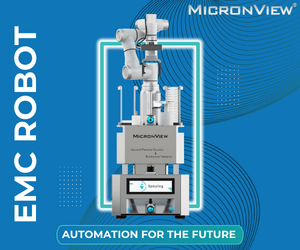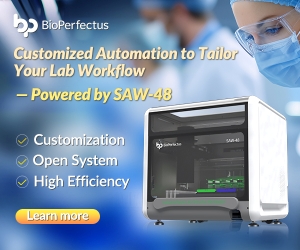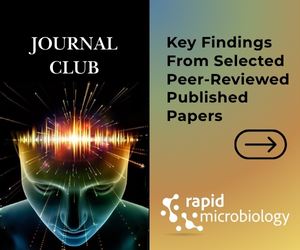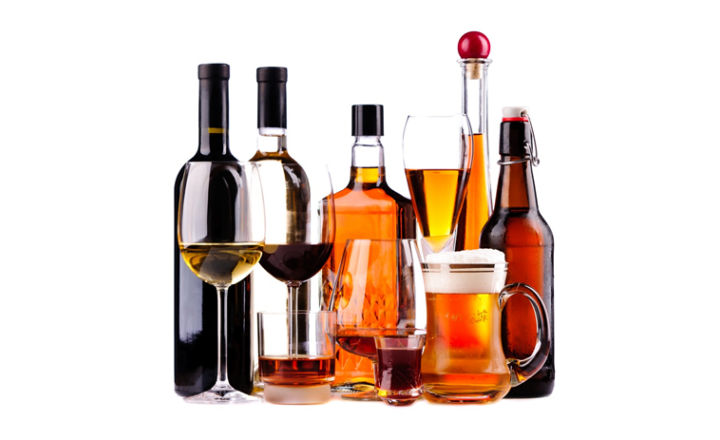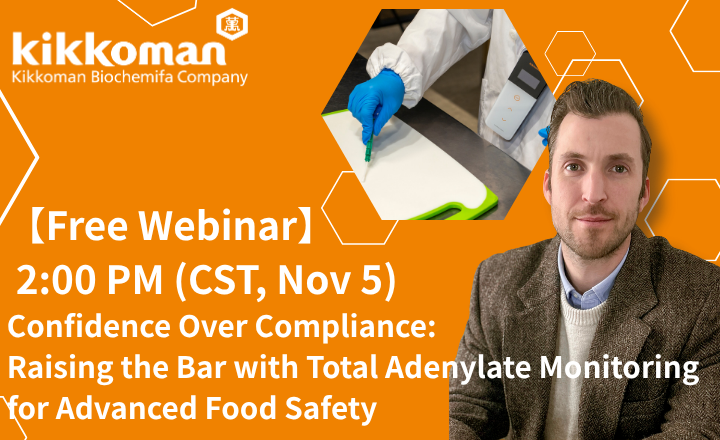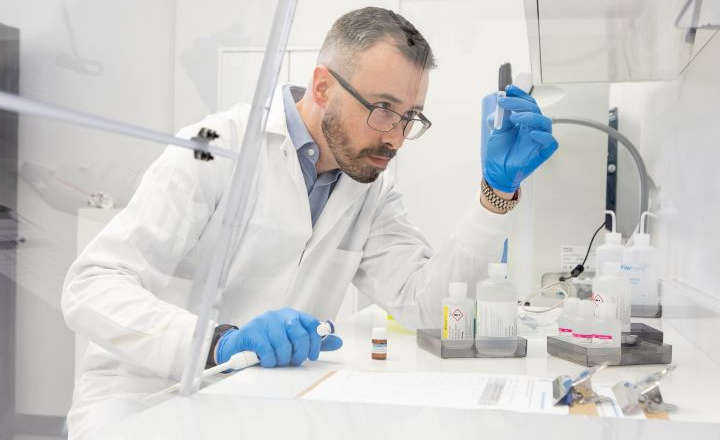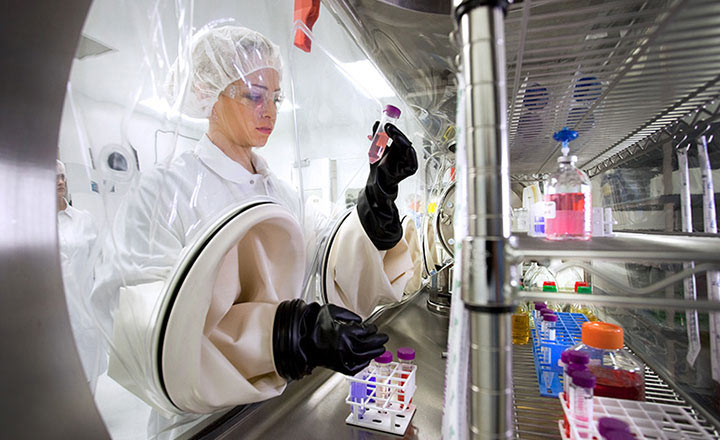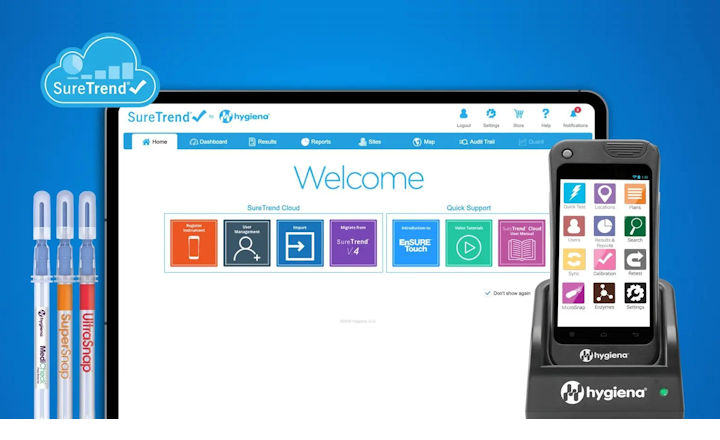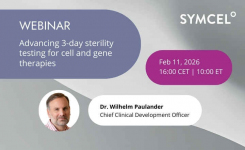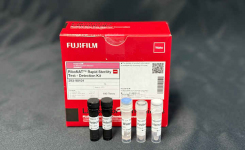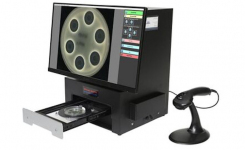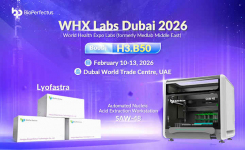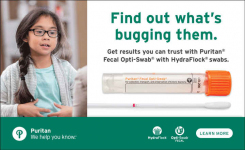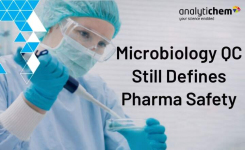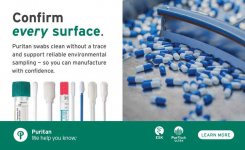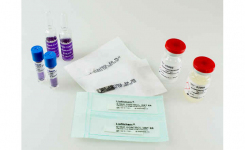Alcoholic beverages like wine, beer or cider require a microbial spoilage control to ensure their final quality. However, the alcohol will inhibit the enzyme responsible for turning microbial ATP to a detectable light signal. Also, the aforementioned alcoholic beverages are carbonated. Carbonic acid or carbon dioxide inhibits microbial growth though. Additionally, e.g. wines have a low pH which can also selectively inhibit the growth of certain organisms.
So how can the above-mentioned issues be solved and the rapid testing method involving ATP bioluminescence detection still be applied to carbonated alcoholic beverages?
Instead of testing the alcoholic beverages directly a certain amount of beverage needs to be filtered. The filter membranes are then transferred to dishes containing specifically designed selective enrichment media. These media-filled dishes are incubated for approximately 24 hours at the appropriate temperature to allow growth and enrichment of the microorganisms. After incubation, an aliquot of the enrichment broth is sampled and submitted to Promicol ATP Bioluminescence testing. If the filtered wine, beer or cider sample contained microorganisms, these will have multiplied in the enrichment medium during the incubation period and all the microbial ATP will be turned into light and detected in the Promicol instrument - either the Promilite M4A for high sample throughput or the Promilite M1 for a smaller sample throughput.
Applying the Promicol Rapid ATP Bioluminescence testing for microbial control of e.g. wine will return QC results after 24 hours and therefore 2-4 days earlier than with conventional plate testing where yeast detection is currently taking up to 3 days and detection of malolactic bacteria up to 5 days. During this period of time, the wine bottles of the respective production batch are contained in the warehouse taking up valuable space and increasing expenses.
Depending on the specifically designed media beer brewers might be able to, not only test bottled finished product, but also test pre-stages where it may be e.g. of interest to distinguish between wild and culture yeasts.
Even though the ATP bioluminescence testing and microbial control of alcoholic beverages requires the extra step of filtration of the product, the rapid method provided by Promicol ATP Bioluminescence testing can still be applied, is very simple to use and is returning valuable QC results much faster than conventional plate testing.
Promicol aims to develop a long term relationship with its customers, built on trust, innovation, and expertise. It is our goal to provide a service that is in touch with the needs of your quality management and to your demands from rapidly changing markets, making ATP bioluminescence work for you, together with you.


